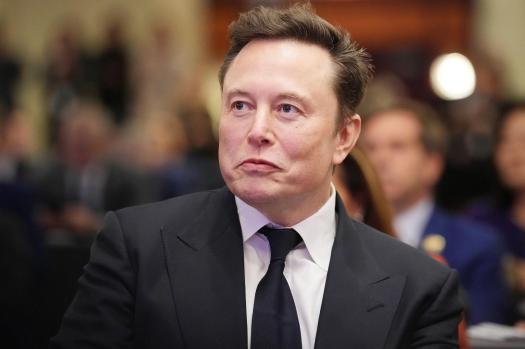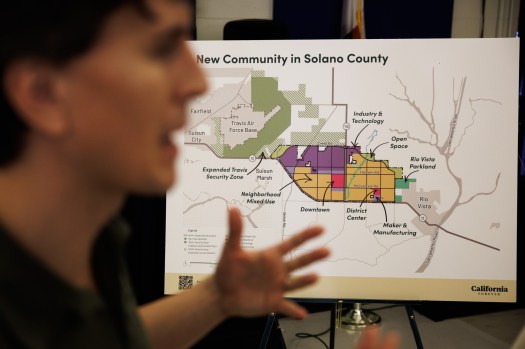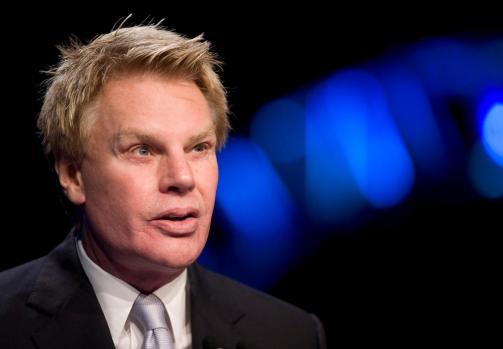Evidence that President-elect Donald Trump’s administration will at least try to deregulate the U.S. economy comes from the recently announced Department of Governmental Efficiency, which will go by the acronym DOGE (get it?) and be led by billionaire Elon Musk and businessman Vivek Ramaswamy. Putting memes aside, if people lower their expectations, this could prove to be a great endeavor worthy of bipartisan support.
The first realization is that not all laws, rules, committees, or agencies that are worthy of being there can be abolished. Because of the way the system was set up, getting rid of anything is a difficult legal process. Large numbers of bureaucrats are difficult to fire, and their compensation represents a very minor portion of the federal budget anyway. There will inevitably be more setbacks than successes when it comes to cutting red tape.
Therefore, it’s critical to establish priorities. One is that deregulating existing economic sectors is more difficult than allowing new ones to remain unregulated. For instance, the United States shouldn’t place excessive limitations on the advancement of artificial intelligence. The federal government should, at least initially, strive for preemption and a minimal regulatory hand given the large number of state-level bills that are still pending.
To put it plainly, the government has a poor record of resolving significant issues before they arise. More control of AI may be necessary in the future, particularly in certain sectors that involve national security. Meanwhile, AI has the potential to increase American productivity across a wide range of industries, including software and healthcare.
Another emerging economic area is cryptocurrency, where increasing rather than decreasing government engagement may be necessary to achieve efficiency. Since the legal position of cryptocurrency is currently unknown, the Securities and Exchange Commission and the Commodity Futures Trading Commission ought to provide more regulatory clarity and predictability. Millions of people who hold cryptocurrency assets would support this, keeping the US at the forefront of financial innovation. In this instance, deregulation entails drafting new legislation and legal definitions.
Adopting the YIMBY movement, which seeks to facilitate the construction of additional housing by lowering government regulation, is another strategy to increase government efficiency. Adopting YIMBY will not only boost the economy but also enable Trump to appear bipartisan because many of the movement’s concepts are shared by Democrats. He might even broaden the meaning of YIMBY to include greater latitude in developing wind, solar, and nuclear power. That will support the AI revolution, draw in moderate voters, and increase green energy.
The deregulation of medical trials need to be a top focus. America is currently experiencing a golden age of medical advancement, with promising new cancer treatments, GLP-1 weight reduction medications, mRNA vaccinations, and anti-malaria vaccines. AI could lead to further advancements.
Regretfully, a significant barrier to converting all of this research into medicine is still the American clinical trial system. Among other obstacles, there are rules pertaining to hospital protocols, study design, FDA standards, university and institutional review board procedures, and data handling. America’s approval processes can be improved and expedited without compromising its standards.
Of all the tasks I ve outlined, this is by far the most difficult, because it involves changes in so many different kinds of institutions. Yet it has one of the highest possible payoffs, because more treatments might be developed and made available if the clinical trial process weren t so onerous. Reforming clinical trials should also appeal to older Americans, who are especially likely to vote and who think the most about their medical care. The goal should be an America where most people live to 90.
Many Republicans are very excited about DOGE. But its governance structure is undefined and untested. It does not have a natural home or an enduring constituency. It cannot engage in much favor-trading. Its ability to keep Trump s attention and loyalty may prove limited. And it s not clear that deregulation is a priority for many voters.
In other words: DOGE, and Trump, will have to pick and choose which things to make more efficient. In government, as in economics, there is an equity-efficiency tradeoff.
Tyler Cowen is a Bloomberg Opinion columnist and a professor of economics at George Mason University. Bloomberg, 2024. Tribune Content Agency is the distributor.
Note: Every piece of content is rigorously reviewed by our team of experienced writers and editors to ensure its accuracy. Our writers use credible sources and adhere to strict fact-checking protocols to verify all claims and data before publication. If an error is identified, we promptly correct it and strive for transparency in all updates, feel free to reach out to us via email. We appreciate your trust and support!




